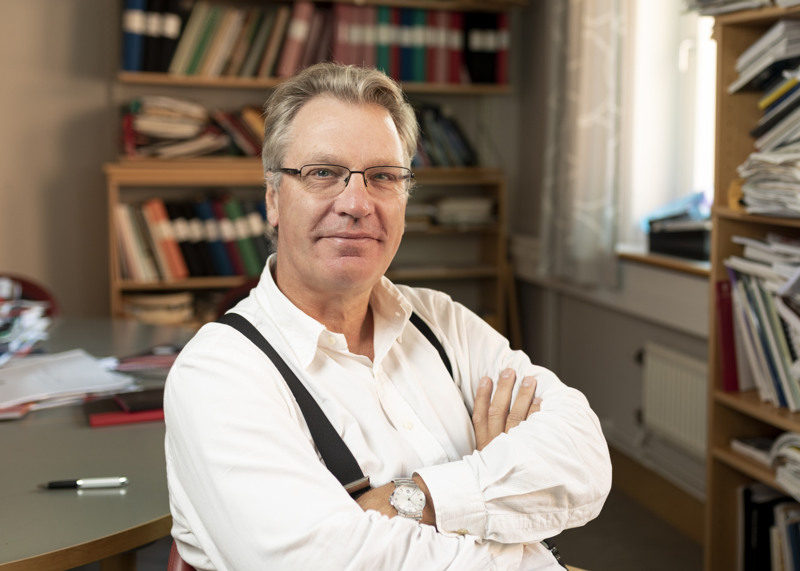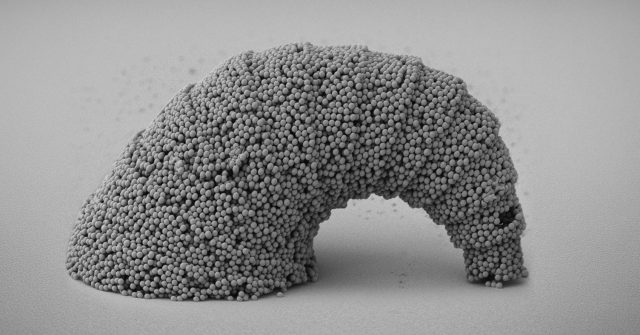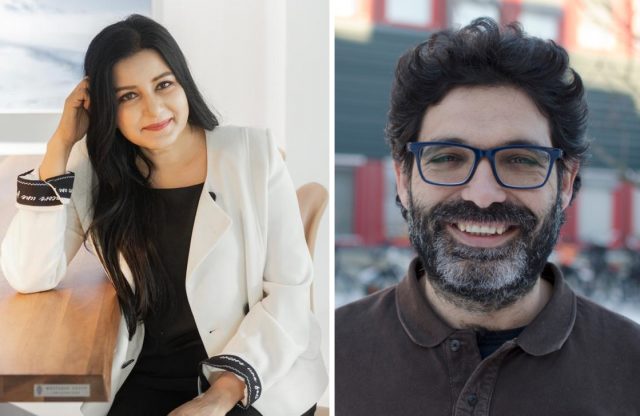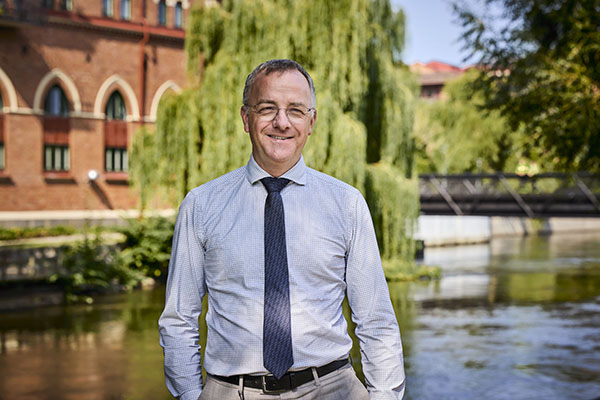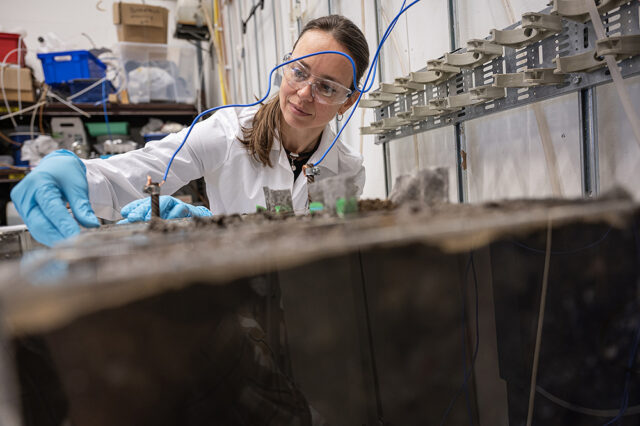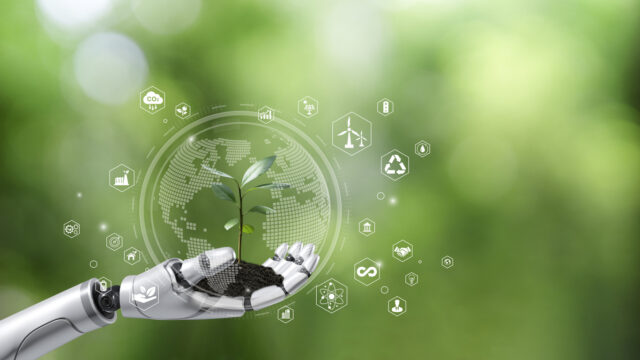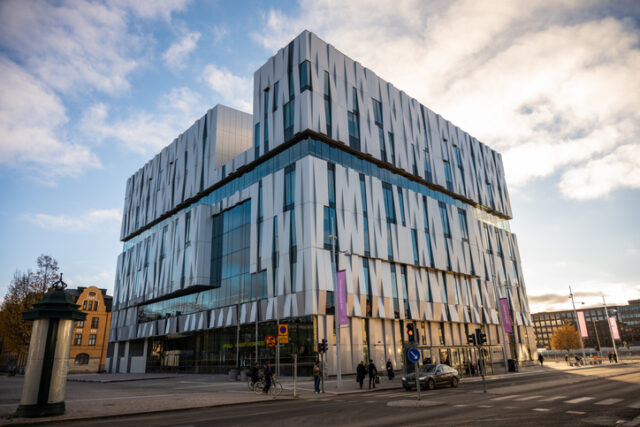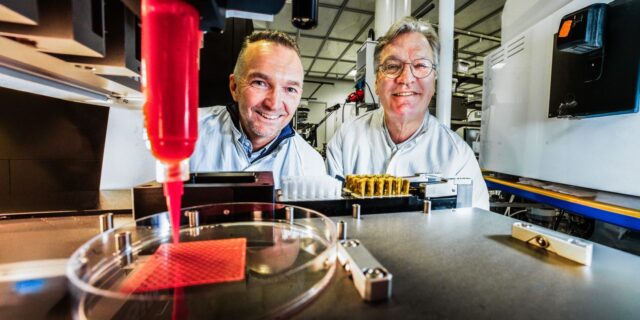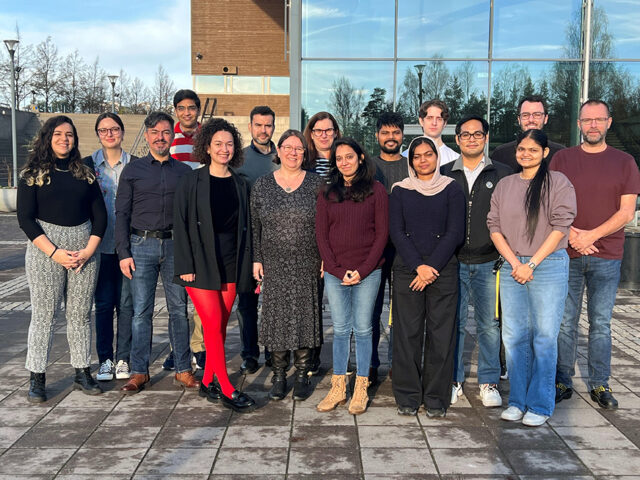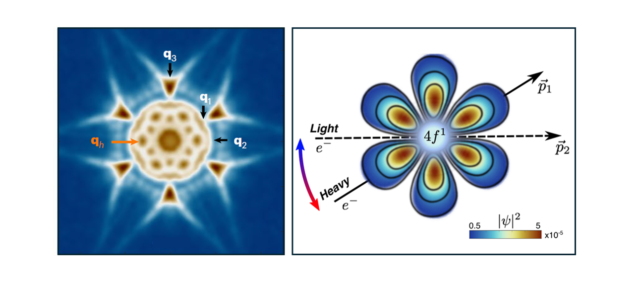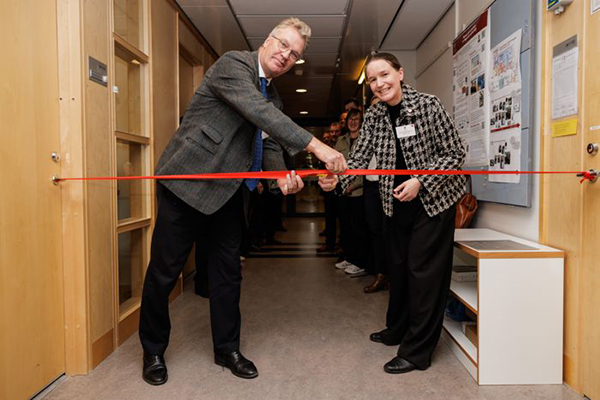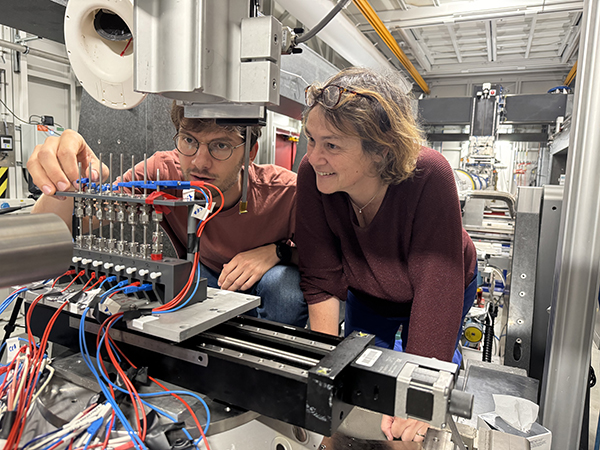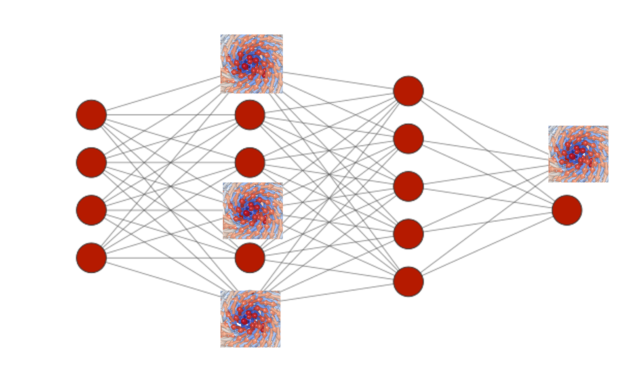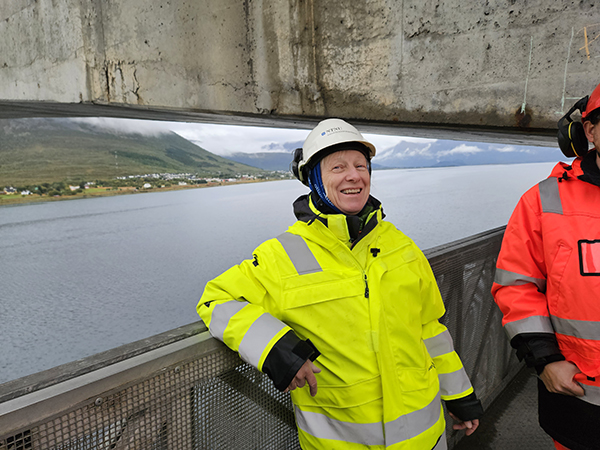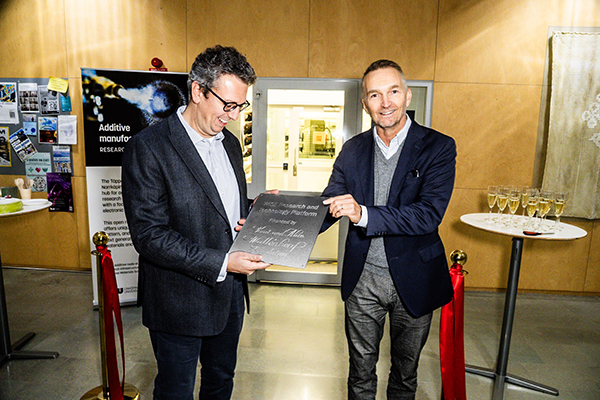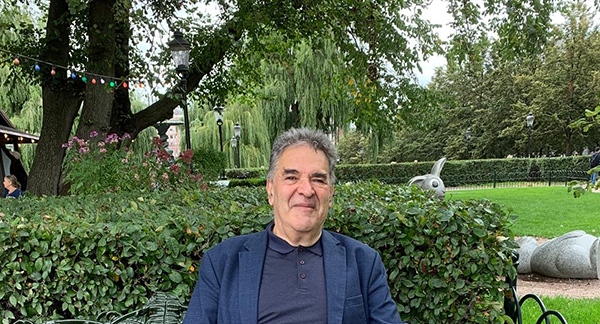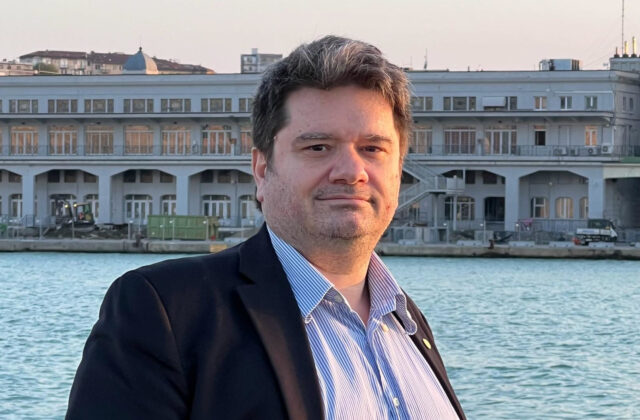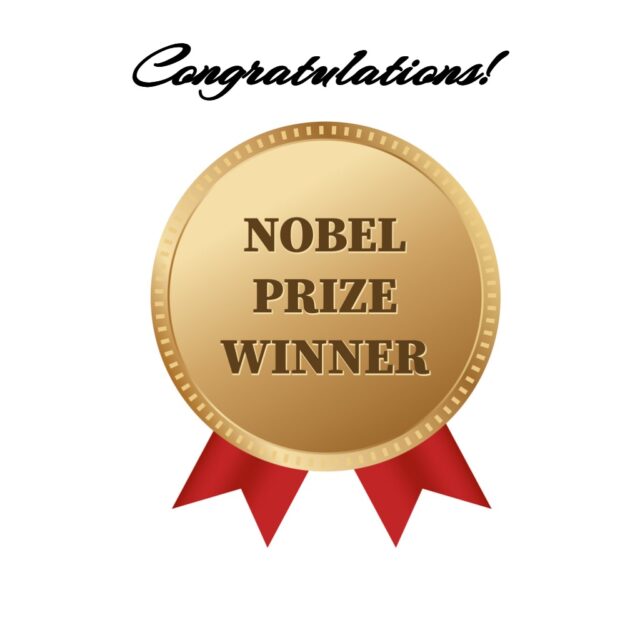Prof. Eriksson has been active in the field of electronic structure of magnetic materials for the past 35 years. In his extensive career, he has led many important national and international research projects and holds a Vetenskapsrådet rådsprofessor program. Since 2022, he has been vice-director for the WISE program.
What are the challenges for materials science at the beginning of the 21stcentury regarding sustainability?
That is a big question! Well, in order to move towards a sustainable future, we need to learn how to recycle and produce materials in a clean way. Production of steel, for example, is an industrial process that is carbon intensive (high CO2 emissions) and needs to be improved.
Another important challenge is to replace or find better alternatives to existing materials that are either toxic or scarce. For instance, in order to achieve the goals for decarbonization in transportation, electric cars need to be developed further. As a result, the demand for Li-ion batteries is constantly increasing. The question is then, do we have enough lithium? Or we need to develop alternative materials.
What motivated/inspired the creation of WISE?
Personally, the inspiration came from seeing the success of other Wallenberg’s efforts, such as WASP, WAQCT, WWSC, etc. It felt kind of natural to emulate these organizations to create WISE, which centers the efforts in materials science to address sustainability challenges for our society.
How can WISE contribute to a major societal transformation?
WISE is going to explore new sustainable technologies and identify new sustainable materials for industry. WISE is also going to train new experts with the right set of mind to address these challenges with the right tools. New scientists will be educated in an academic environment but in close contact with industry. In practice, this means that new discoveries will reach society faster.
What materials science challenge is closer to your heart?
Magnetic materials are my main topic of interest. In particular, the replacement of rare earths is very important today because of the uncertainties regarding the availability of these elements that seriously threatens green technologies used in the transport sector and for the generation of electrical energy.
